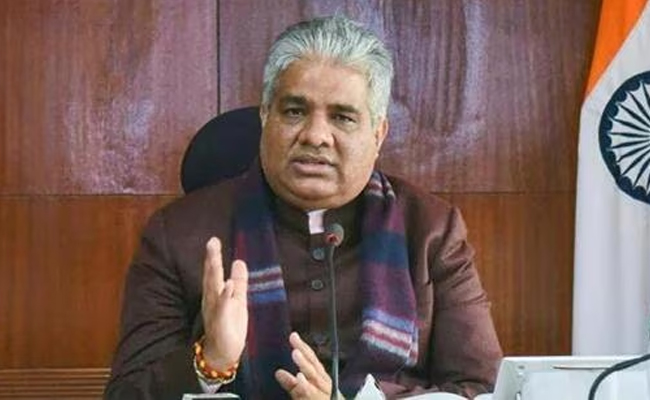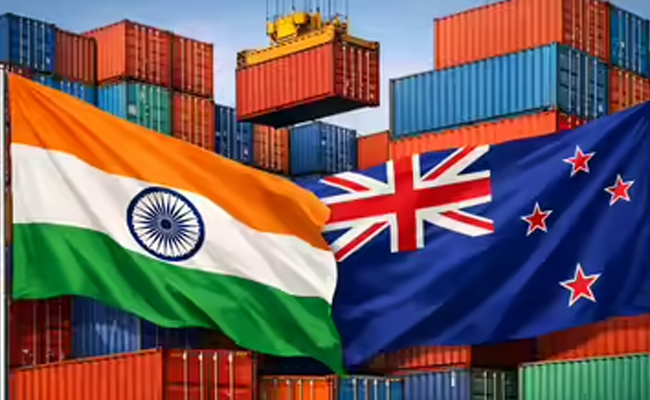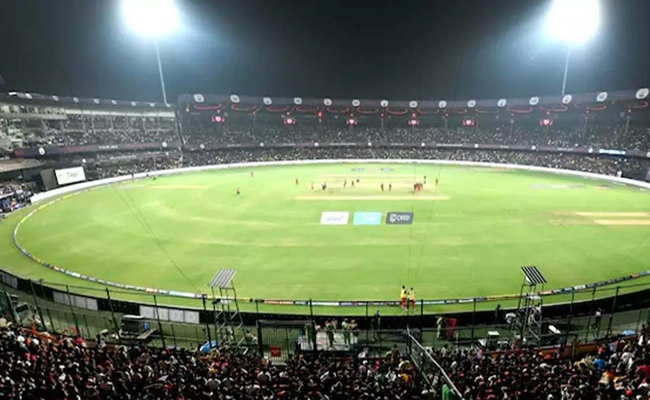A recent ballistic missile strike by Iran on Israel has heightened fears of a broader Middle Eastern conflict, driving crude oil prices up by 4% overnight due to concerns over potential supply disruptions. As oil prices continue to rise, experts are cautioning that India, heavily dependent on energy imports, could face significant economic challenges.
The missile strike followed Israeli military action in Lebanon, including the targeted killing of Hezbollah leader Hassan Nasrallah, escalating fears of wider regional instability. With OPEC+ controlling approximately 40% of the global crude oil supply, the organization's decisions could significantly influence oil prices, potentially impacting emerging economies like India.
Sugandha Sachdeva, Founder of SSWealth Street, explained that for every $10 increase in oil prices, India's inflation typically rises by 0.3%, while the current account deficit (CAD) widens by $12.5 billion, or around 43 basis points (bps) of GDP. "Higher fuel costs lead to increased transportation and production expenses, which ultimately raise the prices of goods and services, squeezing consumer purchasing power," Sachdeva noted.
Jigar Trivedi, Senior Research Analyst at Reliance Securities, echoed these concerns, warning that rising oil prices would result in larger dollar outflows from India, further weakening the rupee. Iran, a key member of OPEC, exports around 1.7 million barrels of oil per day. Its strategic location near the Strait of Hormuz — a vital passage for oil exports from Gulf countries like Saudi Arabia, Qatar, and the UAE — further elevates the risk of global energy supply disruptions as regional tensions escalate.
India is already showing signs of economic strain. The country's manufacturing Purchasing Managers' Index (PMI) fell to an eight-month low in September, while the CAD in Q1 2024 rose slightly to 1.1% of GDP, compared to 1% a year ago, according to Sachdeva. This underscores India's vulnerability to external shocks, such as rising oil prices.
A widening CAD leads to greater outflows of foreign exchange, further devaluing the rupee and making imports more expensive. Although fuel and light account for only 6.84% of India's Consumer Price Index (CPI), sustained oil price increases could push inflation higher, which in August stood just below 4%.
Data from the Petroleum Planning & Analysis Cell (PPAC) revealed that India’s oil import dependency increased to 87.8% in FY24, up from 87.4% in FY23 and 83.8% six years ago. This growing reliance on imported crude makes India highly susceptible to global oil price fluctuations, affecting inflation, the trade deficit, foreign exchange reserves, and the rupee’s value.
Let the Truth be known. If you read VB and like VB, please be a VB Supporter and Help us deliver the Truth to one and all.
Thrissur (Kerala) (PTI): A man was arrested on Monday after a 14-year-old boy was killed when a car overturned during a stunt-driving incident at Chamakala Rajiv Road beach in Chentrappinni here, police said.
The arrested accused was identified as Shajeer alias Saddam (36), a native of Kurikkuzhi in Kaipamangalam.
According to police, the incident occurred around 6 pm on Sunday when the accused allegedly performed dangerous drifting manoeuvres with an open-top Gypsy vehicle at the beach, without following any safety norms.
The accused picked up three minors — Mohammed Sinan (14), Mohammed Shafeer (14) and Ameer (12) — who were playing at the beach, and made them sit at the rear of the vehicle before driving recklessly.
While performing the drifting stunt, the vehicle went out of control and overturned, trapping Sinan underneath.
He suffered severe head injuries and succumbed to the impact, police said.
Based on a complaint, Kaipamangalam police registered a case under Section 105 (culpable homicide) of the Bharatiya Nyaya Sanhita.
After completing the preliminary probe, police arrested Shajeer on Monday.
He was later produced before a court and remanded to judicial custody, police said.
The accused is involved in 11 criminal cases.





